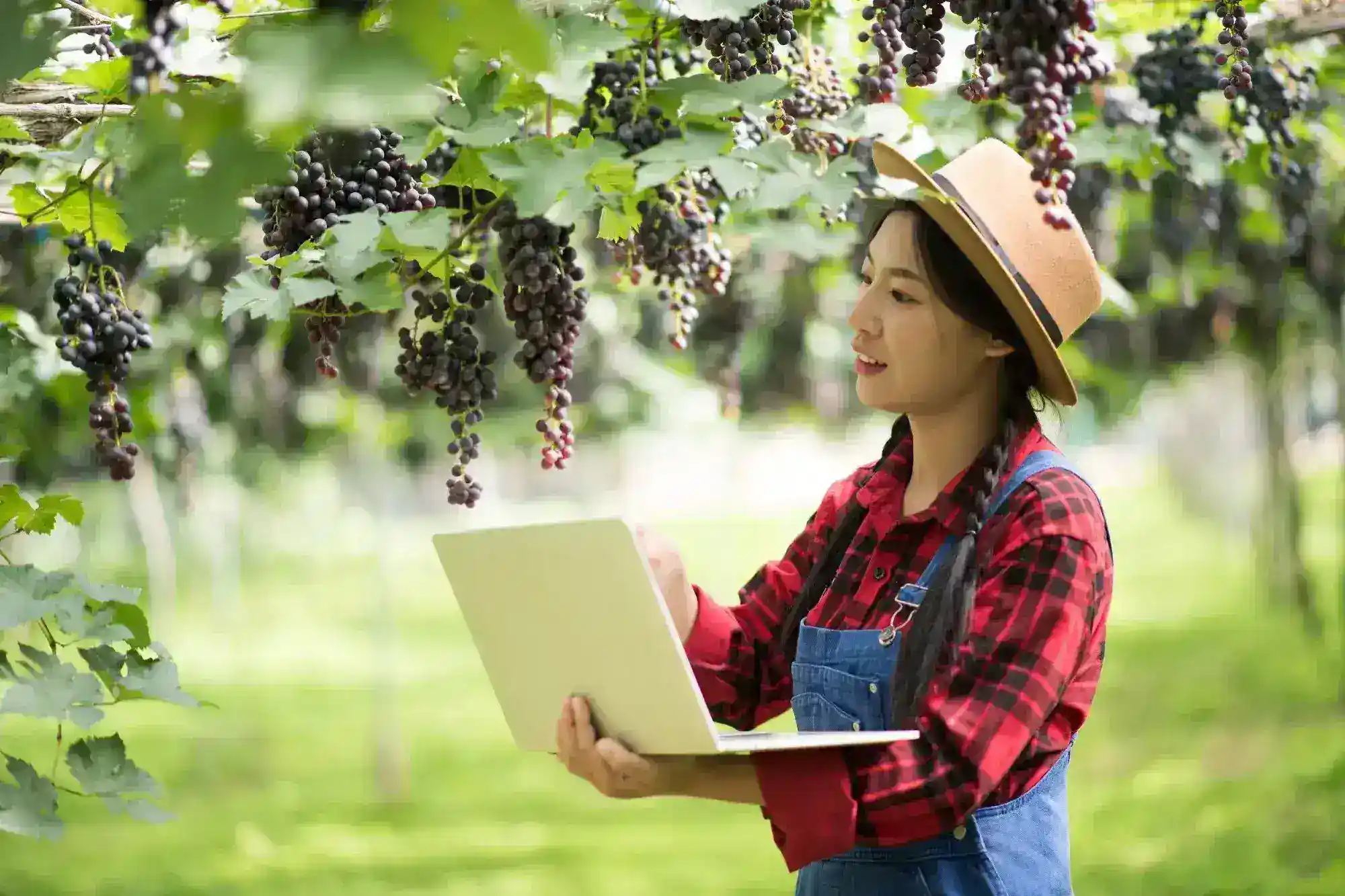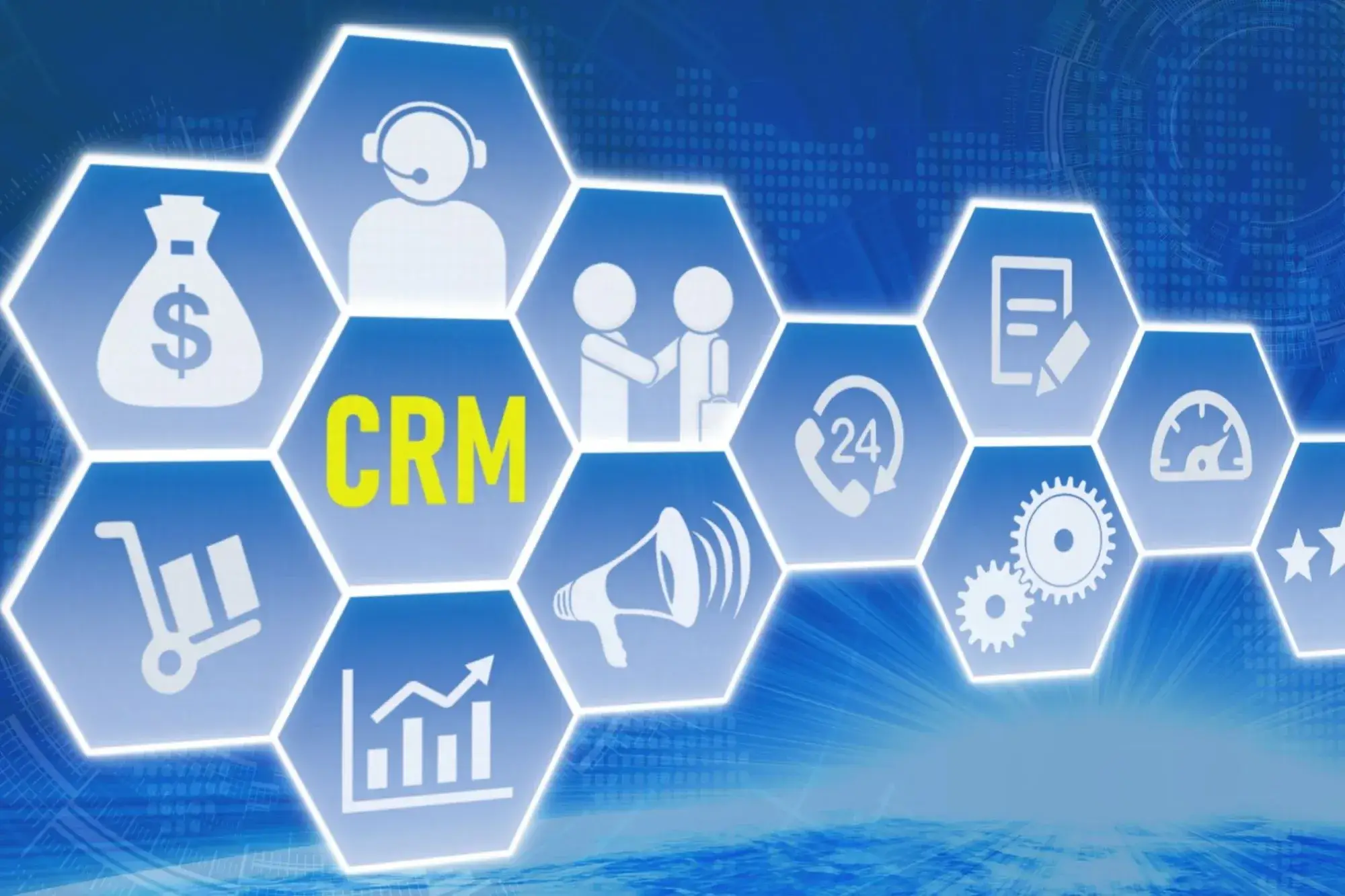Artificial Intelligence (AI) is making a significant impact across various industries, and the wine industry is no exception. From the vineyard to the glass, AI is revolutionizing how wine is produced, tasted, marketed, and enjoyed. This article will take you through the many ways AI is transforming the wine industry, ensuring better quality, efficiency, and personalized experiences for consumers.
The Role of Artificial Intelligence in Modern Industries
AI’s Influence on Various Sectors
Artificial Intelligence (AI) has rapidly become a pivotal force across a wide array of industries. From the complexities of healthcare diagnostics to the precision of manufacturing processes, AI is transforming how businesses operate. In the healthcare sector, AI-powered tools are capable of analyzing medical images with remarkable accuracy, detecting diseases early, and providing personalized treatment recommendations.
Meanwhile, in manufacturing, AI enhances efficiency through predictive maintenance, ensuring machinery operates at peak performance by anticipating when repairs are needed. This minimizes downtime and reduces operational costs. Additionally, AI is making waves in finance, where it is used to predict market trends, assess credit risks, and even detect fraudulent transactions in real-time.
Why the Wine Industry is Embracing AI
The wine industry, with its deep roots in tradition and agricultural practices, is facing unprecedented challenges in the modern world. Climate change, for instance, has introduced new variables that can affect grape harvests, such as unpredictable weather patterns and shifting growing seasons. To overcome these obstacles, the wine industry is increasingly turning to AI as a solution. AI’s ability to analyze massive datasets in real-time allows vineyard managers to make more informed decisions. For example, AI systems can predict how weather conditions will impact grape growth, enabling farmers to adjust their strategies and ensure optimal harvest times.
In addition to addressing climate-related challenges, AI offers solutions for improving the overall efficiency of wine production. The wine industry is under constant pressure to meet growing global demand while maintaining high-quality standards. By leveraging AI, winemakers can automate processes like fermentation monitoring, ensuring that each batch of wine is consistent and of top-notch quality. Furthermore, AI is helping producers reduce waste, optimize resource usage, and create personalized experiences for consumers, thereby revolutionizing the way wine is produced, distributed, and consumed.
AI in Vineyard Management
Predicting Weather Patterns and Harvest Time
AI has transformed vineyard management, particularly when it comes to predicting weather patterns and determining the optimal harvest time. Traditionally, vineyard managers relied on experience and intuition to time the grape harvest. Now, AI systems provide data-driven insights that make this process much more precise. These systems analyze a wide range of data, including:
- Weather forecasts: AI models predict short-term and long-term weather changes, helping to avoid unfavorable conditions such as frost or drought.
- Soil conditions: Monitoring soil moisture and temperature to optimize the health of grapevines.
- Historical data: AI compares current conditions with past data to forecast grape quality and readiness for harvest.
By leveraging AI, vineyards can ensure that grapes are harvested at their peak, which is critical for producing high-quality wine. Accurate timing reduces the risk of suboptimal harvests caused by unpredictable weather and ensures a consistent product year after year.
Smart Irrigation Systems
Water usage in vineyards has always been a critical factor, especially in regions where droughts are becoming more frequent. AI-powered irrigation systems are revolutionizing this aspect of vineyard management by allowing for precise water control. These systems gather real-time data from various sources to optimize irrigation, including:
- Soil moisture levels: Sensors placed in the soil detect when and where water is needed.
- Weather forecasts: AI can predict rainfall, preventing unnecessary irrigation before expected rain.
- Plant needs: Each section of a vineyard may have different water requirements based on grape variety and vine health, and AI adjusts irrigation accordingly.
These smart irrigation systems ensure that vineyards use water efficiently, reducing waste and promoting sustainability. As water conservation becomes increasingly important, AI-driven irrigation helps vineyards maintain healthy vines while minimizing environmental impact.
AI and Precision Agriculture in Vineyards
Drones and Satellite Imaging
Drones and satellite imaging technologies, integrated with AI, have revolutionized how vineyards are managed. Traditionally, farmers had to walk through vast vineyards to check the health of their vines. Now, drones equipped with AI can survey large areas in a matter of minutes, capturing high-resolution images that allow for detailed analysis of vine health. These drones can detect early signs of diseases or nutrient deficiencies that may not be visible to the naked eye, enabling farmers to take immediate corrective action. By processing this data in real-time, AI systems provide winegrowers with actionable insights, helping them improve overall crop management and avoid potential yield losses.
In addition to disease detection, AI-powered drones can assess the ripeness of grapes by analyzing color changes in the leaves and fruits. This enables vineyards to make better-informed decisions about the optimal time for harvesting, ensuring the grapes are picked at their peak for flavor and quality. Using satellite imaging, farmers can also track changes in their vineyards over time, spotting trends or problem areas that need attention. These technologies have made vineyard management more efficient and precise, reducing labor costs and increasing productivity.
Soil Health Monitoring with AI
Soil is the foundation of any successful vineyard, and AI has made it easier for winegrowers to monitor and maintain its health. AI-powered sensors are placed throughout the vineyard to continuously measure key soil parameters such as pH levels, nutrient content, and moisture. These sensors provide real-time feedback, allowing farmers to make immediate adjustments to irrigation, fertilization, or soil amendments. By constantly tracking these factors, AI ensures that the soil remains fertile and conducive to producing high-quality grapes.
Maintaining optimal soil health is crucial for producing wines that reflect the unique terroir of a vineyard. AI helps vineyard managers understand how changes in soil composition over time can affect grape quality and wine flavor. Through detailed analysis of the soil’s health, vineyard owners can ensure that their vines get exactly what they need to thrive, avoiding nutrient imbalances or drought stress. The precise control that AI offers not only increases crop yields but also ensures that each vintage retains the distinctive characteristics of the vineyard’s unique environment.
Importance of Soil Composition in Wine Quality
Soil composition plays a significant role in determining the flavor profile of wine. Different soil types, whether they be clay, limestone, or sandy soils, can impart unique characteristics to the grapes grown in them. AI tools allow winegrowers to track and manage the composition of their soil more effectively, ensuring that each grape variety is grown in its ideal conditions. By monitoring pH, mineral content, and organic matter levels, vineyard managers can fine-tune their farming practices to enhance the unique flavors of their grapes.
Furthermore, AI can help vineyards adapt to long-term changes in soil composition that may be caused by environmental factors such as erosion or climate change. With the ability to predict how these changes might impact future grape yields and wine quality, AI enables vineyards to plan ahead, ensuring consistent wine production despite shifting conditions. In this way, AI is not only a tool for immediate soil management but also a critical component of long-term sustainability and quality control in the wine industry.
AI in Wine Production
Fermentation Process Optimization
The fermentation process is one of the most critical stages in winemaking, where sugars in the grape juice are converted into alcohol. AI is now being used to optimize this complex process by monitoring key variables such as temperature, sugar concentration, and yeast activity in real time. Traditional methods of fermentation monitoring involved manual checks, but AI can track and adjust these variables continuously. This results in a more consistent and controlled fermentation process, ultimately leading to wines with better flavor and texture.
AI systems also use predictive models to determine how changes in fermentation conditions will affect the final product. For instance, by analyzing data from past fermentation processes, AI can recommend adjustments to temperature or yeast strains to achieve specific flavor profiles or improve consistency between batches. This allows winemakers to craft wines that meet high-quality standards while also experimenting with new techniques to create innovative products.
| Aspect | Traditional Method | AI-Powered Method | Benefits |
| Fermentation Monitoring | Manual temperature checks | Real-time data tracking | Consistent quality, faster adjustments |
| Grape Ripeness Assessment | Visual inspections | AI-driven analysis via drones | Improved accuracy, timely harvest |
| Soil Health Monitoring | Periodic manual tests | AI-powered sensor systems | Real-time updates, optimal soil conditions |
| Harvest Timing | Based on intuition and experience | Data-driven AI predictions | Higher precision, better grape quality |
Predictive Maintenance for Wine Equipment
Wine production involves the use of various types of machinery, from presses and pumps to fermentation tanks. Any malfunction in this equipment can cause costly delays or affect the quality of the wine. AI helps prevent such issues through predictive maintenance, where sensors attached to equipment continuously monitor its performance. By analyzing data from these sensors, AI can identify patterns that suggest wear and tear or potential failures before they happen. This allows winery operators to schedule maintenance at the optimal time, preventing equipment breakdowns and avoiding costly downtime.
In addition to preventing mechanical failures, AI can also help wineries optimize the lifespan of their equipment. By understanding how different operational conditions, such as temperature or usage frequency, affect wear and tear, AI can recommend the best times for servicing or replacing components. This not only saves money but also ensures that the winemaking process runs smoothly, reducing the risk of disruption and ensuring that production schedules are met. As a result, wineries using AI for predictive maintenance can operate more efficiently and maintain higher standards of product quality.




